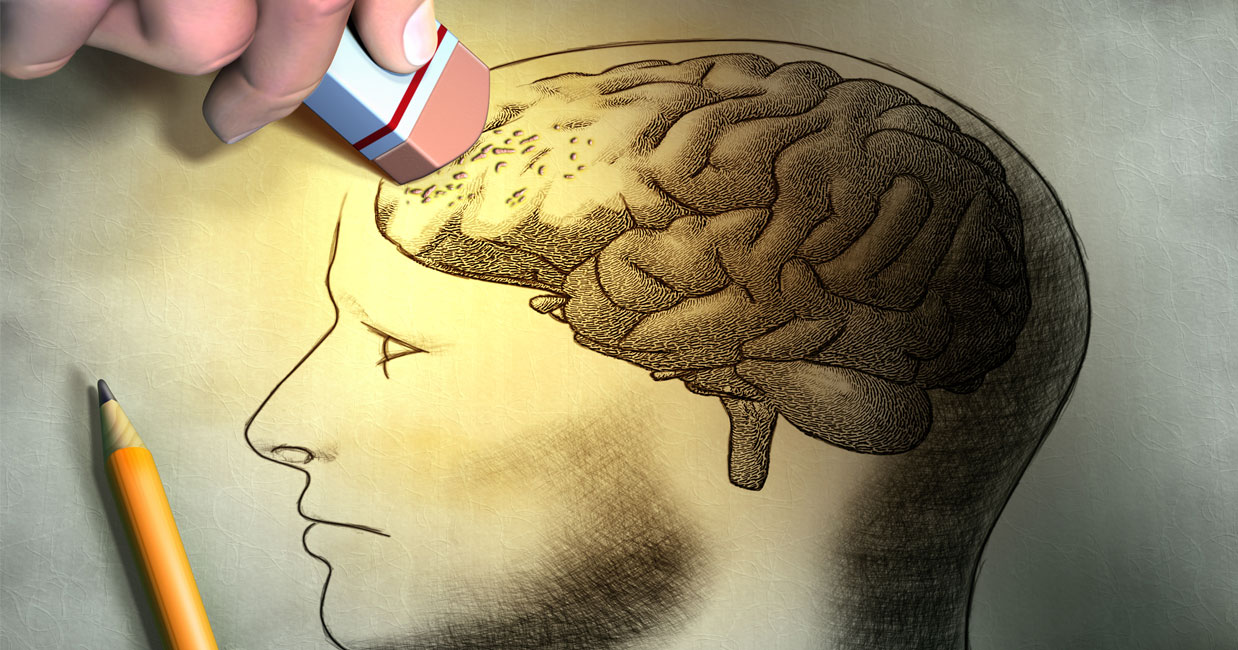23 Jul 2018

Alzheimer's disease is a neurological disease, characterized by the loss of nerve cells, leading to the continuous and irreversible decline of intellectual abilities.
Affected patients are not always aware of their condition and require additional assistance.
This disease has various symptoms detectable by the patient or by those around him.
The symptoms of Alzheimer's disease
One of the most common signs of Alzheimer's disease is memory loss:
forget important dates or events,
ask for the same information several times,
have more and more recourse checklists,
or use family members for basic everyday tasks.
Another remarkable sign: language disorder. The patient is gradually unable to formulate his sentences and to express himself. In advanced cases, they will gradually lose the ability to speak.
A person with Alzheimer's has difficulty in solving problems that seem ordinary to us, and everyday simple tasks become increasingly complicated.
They can forget where they have places things, and is unable to set appointments, read, write ...
The patient can also get lost in time and space as dates and places have no meaning for him.
These symptoms do not appear in one go. Alzheimer's disease is progressive, leading to radical changes in the life of the patient and his family.
The different stages of the disease
First stage: the mild stage, no symptoms of dementia is detected, the patient can understand the changes that occur, he needs only a little help.
Second stage: common symptoms are memory lapses that may be related to age, but gradually the situation worsens, the entourage realizes that the person is sick: they forget people and can not find the words, ...
Moderate stage:there is an increased decline in cognitive and functional abilities. The memory continues to deteriorate, patients now need help with shopping, cleaning, daily personal hygiene, ...
Advanced stage: this stage is rather serious as the person is unable to communicate verbally or take care of themselves because of the increased decline in cognitive and physical abilities.
This decline varies from person to person, so it is important at this stage to support and assist the person in order to ensure the best possible quality of life.
It is also advisable to entrust this responsibility to a specialist (a caregiver or other qualified and experienced staff). If you prefer to do this yourself, we recommend that you consult a psychiatrist who will help you overcome the difficulties of this heavy responsibility.




